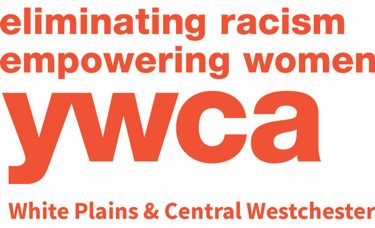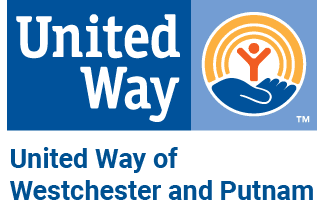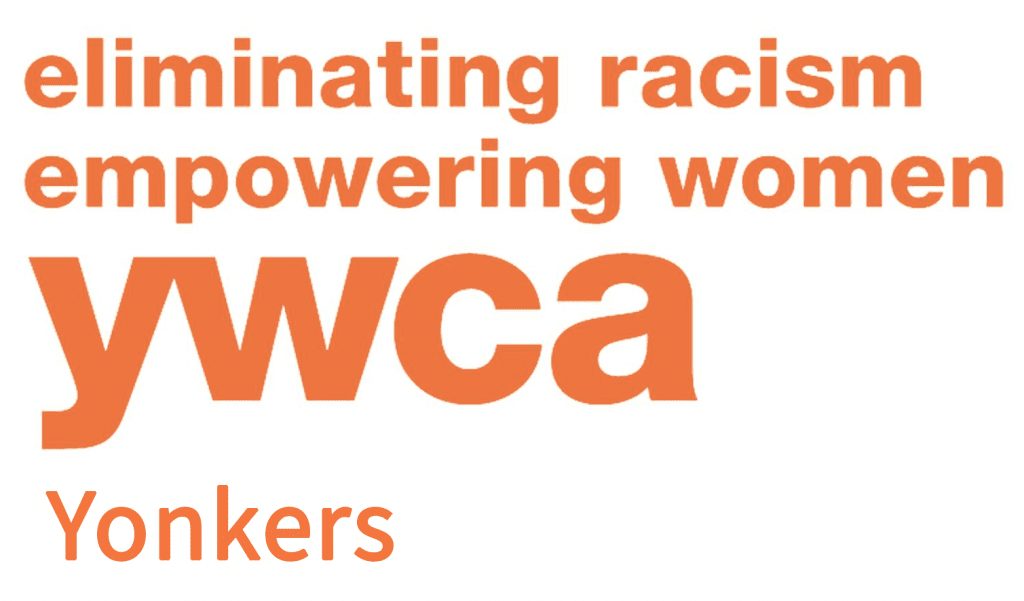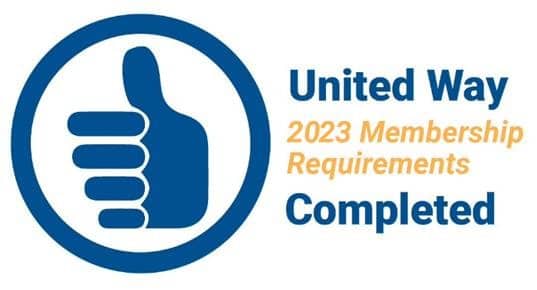
DAY 9: HOW WE LEARN ABOUT RACE

“We learn to be racist, therefore we can learn not to be racist. Racism is not genetical. It has everything to do with power.”
JANE ELLIOTT
American schoolteacher and diversity educator
We have examined concepts like bias, privilege, and racism. Where do these ideas come from? How are they perpetuated? From a young age, children can become keenly aware of the differences between the people around them. How they make sense of these differences is shaped by family, friends, community, schools, and media, among other influences and experiences. This process, called socialization, develops our values, beliefs, behaviors and even norms that play out in society. Socialization is a lifelong process but is critical during childhood.
Racial and ethnic socialization is the process through which children learn different attitudes and behaviors about racial groups. According to the RESilience Initiative, this process has influence on “children’s racial identity and self-concept, beliefs about the way the world works, and repertoire of strategies and skills for coping with and navigating racism and inter- and intra-racial relationships and interactions.”
For adults, the media often plays an outsized role in our ongoing process of socialization. The news, television, movies, books, and music we consume shape our understanding of race and ethnicity through representations of different people and cultures. Throughout history, media in all forms has played a vital role in raising public awareness on instances of racism, discrimination, and bias. Racial and ethnic socialization is important for us to understand because it informs our beliefs, conversations, and actions about race and racism.
We all play a role in children’s racial and ethnic socialization. Look through these resources on engaging children in conversations about race. (5 minutes) https://www.apa.org/res/parent-resources/engaging-my-child
Read this resource to understand how people with children of different races in their life intentionally or unintentionally socialize the children. (3 minutes) https://www.apa.org/pi/families/resources/newsletter/2015/08/racial-socialization
Review a Pew Research Study that uncovered how Black, Hispanic and white adults feel the news media misunderstands them. (5 minutes) https://www.pewresearch.org/fact-tank/2020/06/25/black-hispanic-and-white-adults-feel-the-news-media-misunderstand-them-but-for-very-different-reasons/
Watch a panelist discuss how structural racism and bias show up in newsrooms and the content consumed by the public. (10-minute read + 60-minute video) https://www.unlv.edu/news/article/unpacking-how-media-influences-our-views-racism
Listen to these stories that speak to how racial socialization shapes our individual and collective lives. (3 minutes each) https://www.embracerace.org/resources/stories
These articles were curated by a local committee to be used as a list of resources pertinent to DEI topics. The 21-Day Social Justice & Equity Challenge Committee would like to thank and give attribution to those who created the content above, which reflects their individual perspectives. We do not support nor endorse any advertisements associated with the above content.
Reflect
What messages (direct and indirect) did you learn about race growing up?
What do you need to unlearn about race and ethnicity?
What messages have you received about race from the media you consume?
What are ways you can broaden your understanding of diversity-related issues by seeking perspectives beyond media outlets? (e.g., building relationships, consulting local organizations and experts in your community, and looking at local history)
21 Day Social Justice & Equity Challenge Presented By




336 Central Park Avenue
White Plains, NY 10606
914.997.6700
Privacy Policy
Board Portal
Career Opportunities

